¿Cómo utilizamos este tiempo verbal?
Aquí, PERFECTO significa "completado, terminado".El Past Perfect (pasado perfecto) es una forma del verbo que muestra que la acción fue completada antes de algún momento en el pasado.
No significa que la acción fue "perfecta" (100%). Significa que la acción fueterminada.
Estos son algunos de los diferentes usos que tiene este tiempo verbal:
- Un acción que ocurrió antes que otra acción en el pasado
- Una acción que ocurrió antes de un momento específico en el pasado
- Un estado que empezó en el pasado y continuó hasta algún momento
en el pasado
Nota: este es un uso más amplio de este tiempo verbal.
Por lo general se utiliza con estados, no con acciones.
Por ejemplo: Kate had sold her apartment before she moved to New York.
(Kate había vendido su apartamento antes de mudarse a Nueva York.)
La acción más cercana al presente está en el Simple Past (pasado simple) y la acción que ocurrió antes está en el Past Perfect (pasado perfecto).
Asegúrate de leer también:
Ejemplos de expresiones de tiempo típicos
Una acción que ocurrió
antes que otra acción en el pasado
(Los verbos están en negrita)
He studied so much because he had received a lot of homework.
(Estudió tanto porque le habían dado mucha tarea.)

He had seen the ball before he hit it.
(Había visto la pelota antes de pegarle.)
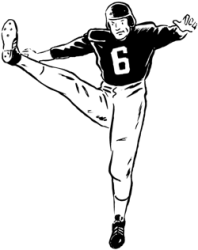
They had practiced before they did it.
(Habían practicado antes de hacerlo.)
(Habían practicado antes de hacerlo.)

She was surprised because she had never noticed it before.
(Estaba sorprendida porque nunca lo había notado antes.)
(Estaba sorprendida porque nunca lo había notado antes.)

He had worked very hard before he finally won.
(Había trabajado muy duro antes de ganar por fin.)
(Había trabajado muy duro antes de ganar por fin.)

She said she had bought the hat in Paris.
(Dijo que había comprado el sombrero en París.)
(Dijo que había comprado el sombrero en París.)

Una acción que ocurrió antes de
un momento específico en el pasado
They had already scored before the 9 o'clock break.
(Ya habían anotado unos puntos antes del descanso a las 9 horas.)
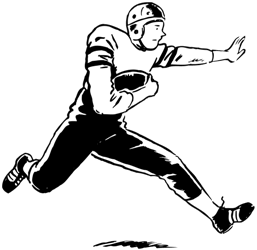
He had finished building his house before 1999.
(Había terminado de construir su casa antes de 1999.)
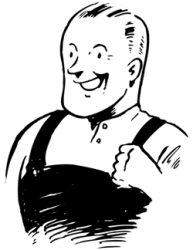
She had never played basketball before 2002.
(Nunca había jugado baloncesto antes del 2002.)
(Nunca había jugado baloncesto antes del 2002.)

Un estado que empezó en el pasado
y continuó hasta algún momento en el pasado
He had liked her before this happened.
(Ella le había gustado antes de que ocurriera esto.)
(Ella le había gustado antes de que ocurriera esto.)
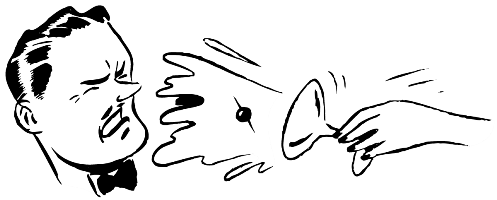
She had wanted a cat, but received a fish.
(Ella había querido un gato pero recibió un pez.)
(Ella había querido un gato pero recibió un pez.)
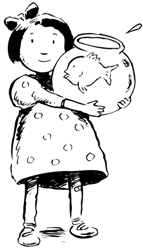
The report had been ready before you spilled the coffee!
(¡El informe había estado listo antes de que derramaras el café!)

He had been healthy until he started overeating.
(Había estado sano hasta que empezó a comer demasiado.)
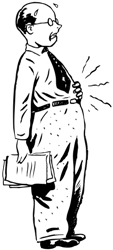
He had owned a car for 5 years before he switched to bicycle.
(Había tenido un coche durante 5 años antes de cambiarlo por una bicicleta.)
(Había tenido un coche durante 5 años antes de cambiarlo por una bicicleta.)
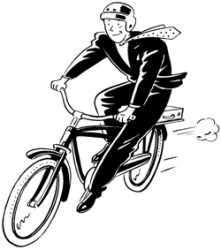
Ejemplos de
expresiones de tiempo típicos
- Just
(Recién) - Already
(Ya) - Yet
(Todavía) - Ever
(Alguna vez) - Never
(Jamás) - once
(una vez) - 3 times
(3 veces) - before
(antes) - until then
(hasta entonces) - in 1974
(en 1974) - since
(desde) - for
(durante)
Past Simple or Past Perfect?
Completa las frases con la forma de Past Simple o Past Perfect de los verbos entre paréntesis.
Comprensión auditiva
Este ejercicio es una práctica integrada de vocabulario y de gramática con la conocida canción My way.
Escucha la canción en https://youtu.be/e7DWe6S2u6Y y completa los huecos con verbos en pasado o en el participio pasado.
Escucha la canción en https://youtu.be/e7DWe6S2u6Y y completa los huecos con verbos en pasado o en el participio pasado.

No hay comentarios:
Publicar un comentario